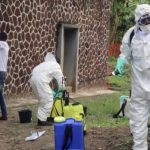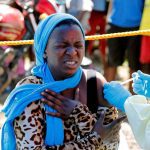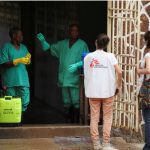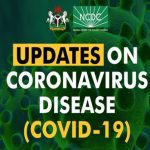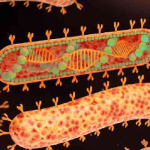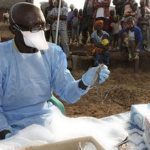Guinea declared a new Ebola outbreak on Sunday, as tests came back positive for the virus after at least three people died and four fell ill in the rural community of Gouéké in N’Zerekore, Southeast of the country.
This is first resurgence of the disease there since the world`s worst outbreak in 2014-2016.
Health officials reported that initial investigations found that a nurse from the local health facility died on the 28 January 2021. Following her burial, six people who attended the funeral reported Ebola-like symptoms and two of them have died, while the other four have been hospitalized.
Guinea was one of the three most-affected countries in the 2014–2016 West Africa Ebola outbreak which was the largest since the virus was first discovered in 1976.
The Health Ministry said its workers are attempting to trace and isolate the contacts of the Ebola cases and will open a treatment centre in Gouéké, which is less than an hour’s drive from Nzérékoré.
World Health Organization (WHO) Regional Director for Africa, Matshidiso Moeti says health teams in Guinea are on the move to quickly trace the path of the virus and curb further infections.
He added that “WHO is supporting the authorities to set up testing, contact-tracing and treatment structures and to bring the overall response to full speed.”
“WHO staff are already on the ground. In addition to surveillance they will help with ramping up infection prevention and control of health facilities and other key locations and reaching out to communities to ensure they take a key role in the response. WHO is also supporting the country to procure the Ebola vaccine which has proven instrumental in controlling outbreaks in the DRC.
Samples of the confirmed cases have been sent to the Institute Pasteur in Senegal for a full genome sequencing to identify the strain of the Ebola virus.
“With the epicentre of the current outbreak in a border area, WHO is already working with health authorities in Liberia and Sierra Leone to beef up community surveillance of cases in their border districts as well as strengthening their capacity to test for cases and conduct surveillance in health facilities. WHO is reaching out to Cote d’Ivoire, Mali, Senegal and other countries at risk in the sub-region,” Dr. Moeti said.




